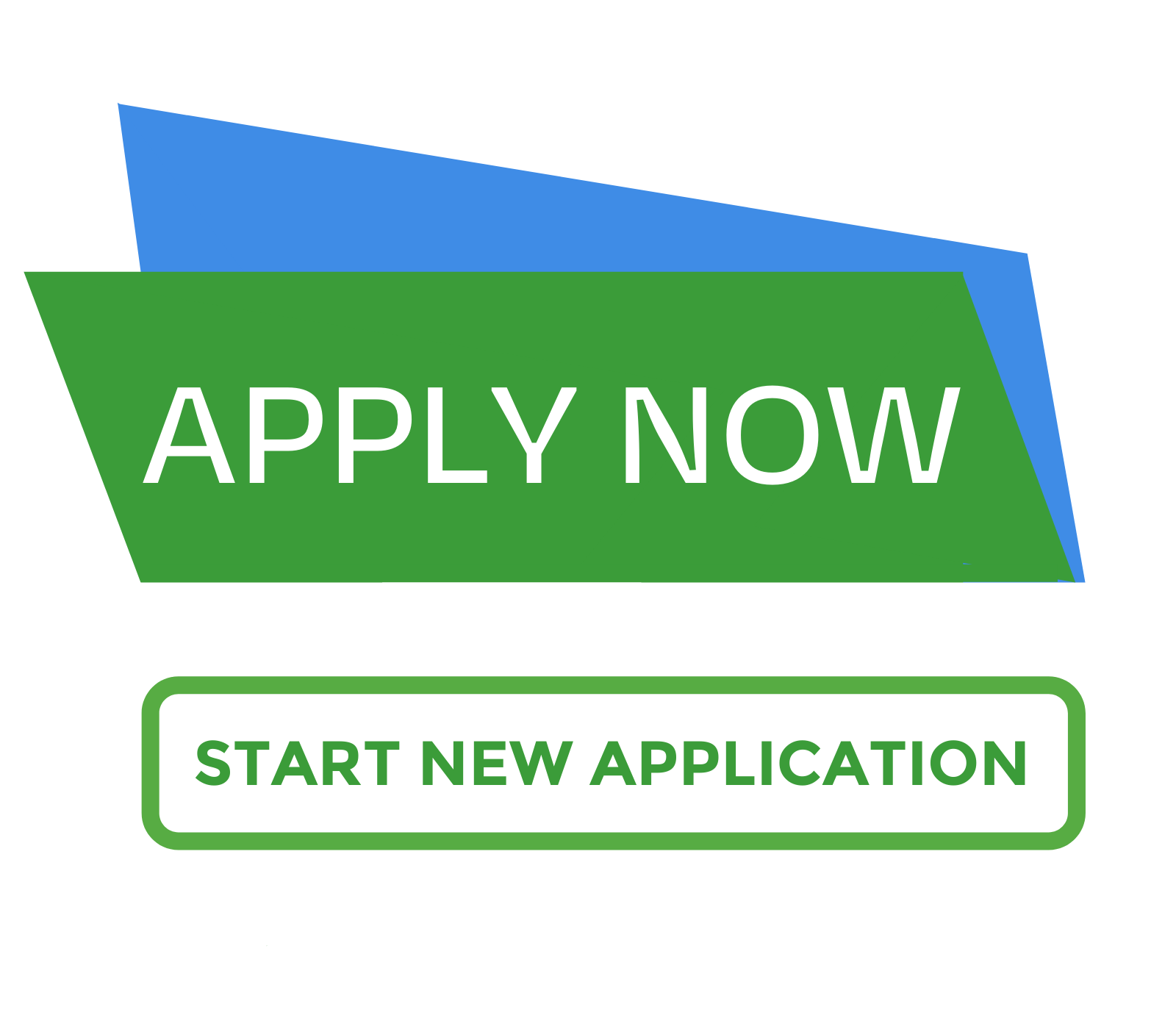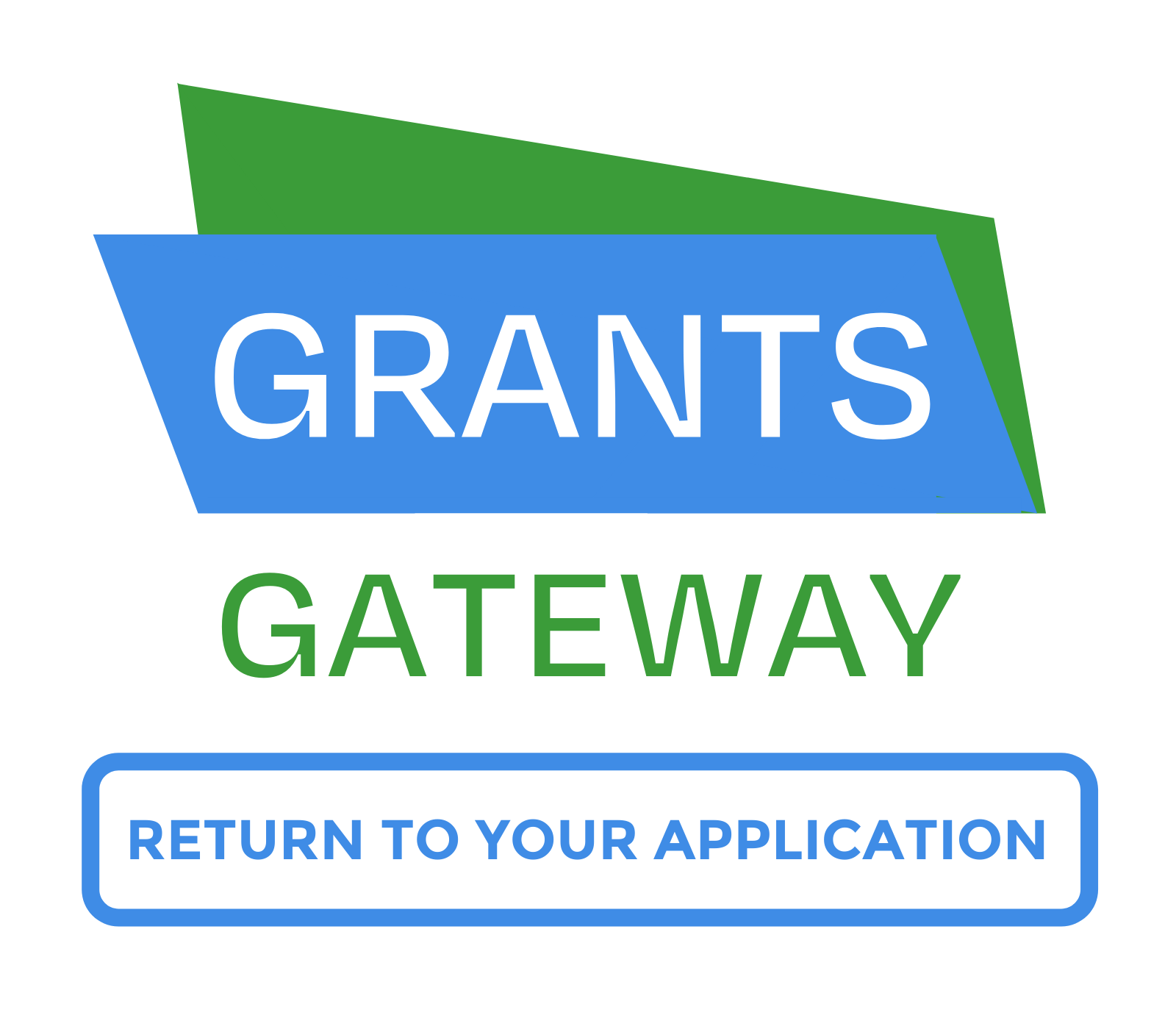Strengthening Rural Communities — Small & Vital
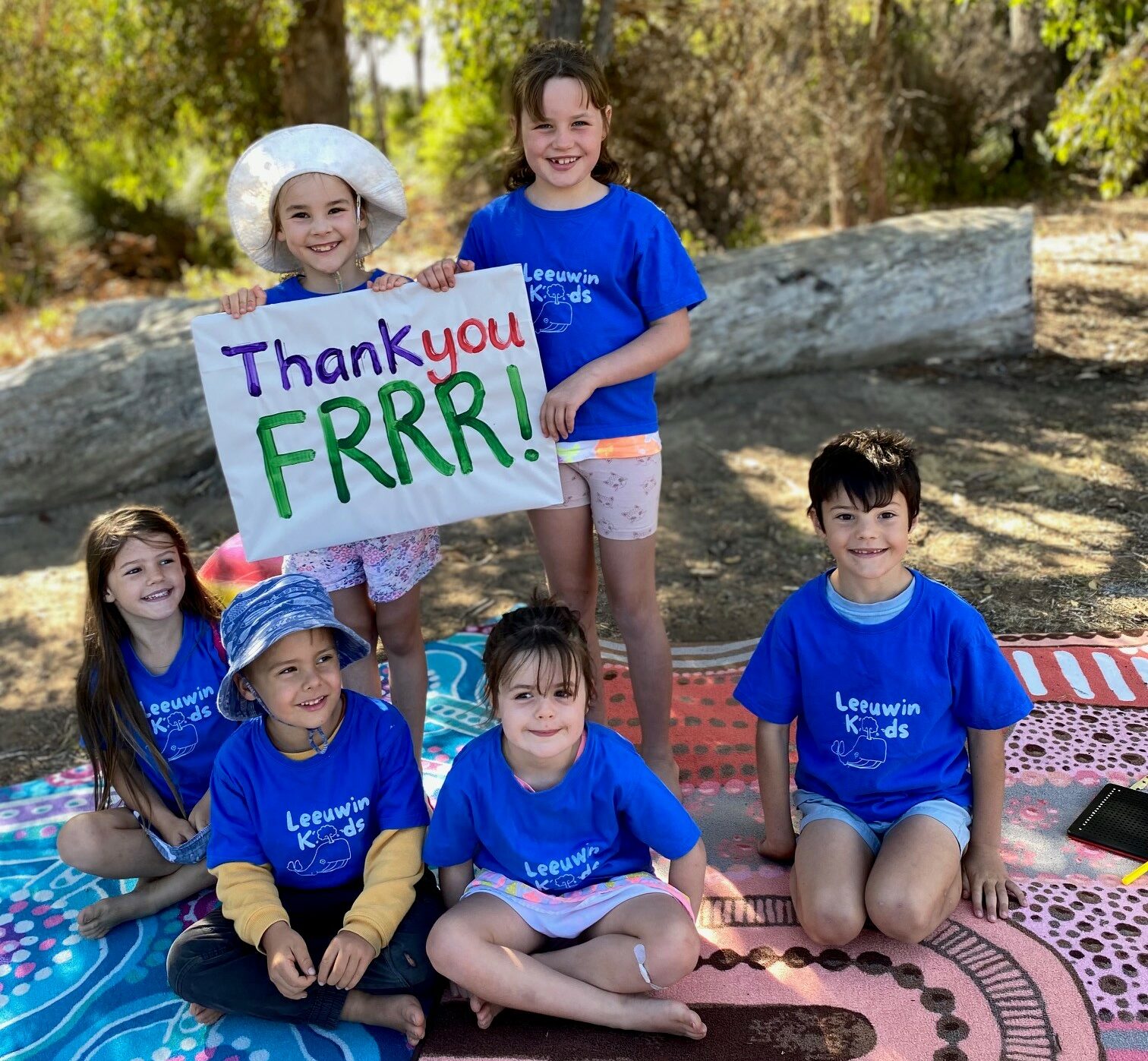
The Strengthening Rural Communities (SRC) Small & Vital stream gives small remote, rural and regional communities across Australia the opportunity to access funds for a broad range of initiatives that directly and clearly benefit local communities.
Grants up to $10,000 are available for a broad range of grassroots, community-led initiatives that directly and clearly benefit local communities that strengthen local people, places and climate solutions, with a preference for smaller communities (populations under 15,000).
Applications are accepted on an ongoing basis and assessed quarterly.
NOTE: There are two streams of funding available within the Strengthening Rural Communities (SRC) Program: Small and Vital and Prepare and Recover. Organisations may submit their application in one of these streams per SRC grant round, and any other applications in this round will be considered ineligible.
Image: Augusta & Districts Community Childcare Centre, SRC Rd 8 Grant Recipient

Future rounds
Round 22
Opens: 6 June 2024
Closes: 5 September 2024
Funding announced by mid November 2024
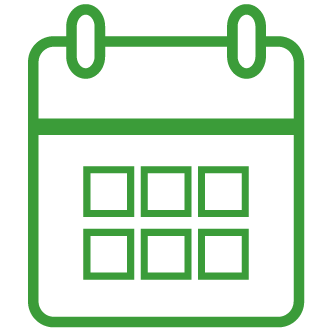
Round 21 is now open
Applications close 5pm VIC time (AEST) 5 June 2024
Funding announced by mid August 2024
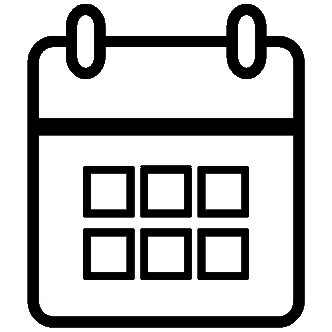
Recipient Announcements
Explore other streams in the Strengthening Rural Communities program:
How to apply for SRC Small & Vital
Please read the information on each of the three tabs below to make sure this is the right grant for your project.
If you want to explore other grant options, please go to Find Funding Now.
I have a question, who can I talk to?
Our state-based Grants Officers are your go-to people for any program related queries for the SRC program.
Ph: 1800 170 020 or Email: info@frrr.org.au
Confirm you are eligible to apply for this grant
To make sure this is the right grant for your community, please read the grant information detailed in the Program Guidelines below carefully. Click on each headline to reveal the detail. If you need to share this information with others, you can download the guidelines below.
What are the program objectives?
Projects funded must align with one or more of the following charitable outcomes:
Is this grant available in my area?
Yes, SRC is a national program with funding available in remote, rural and regional regions in all States and Territories.
What can be funded?
A broad range of charitable projects are considered under this program, including:
For the SRC Small & Vital stream, additional specific funding is available for:
What can’t be funded?
There are several areas that we can’t fund through this program. If in doubt, please contact us.
Is my organisation eligible?
To apply, you must meet the following criteria:
Please note, you will be considered ineligible if:
Gather information to support your grant application
Please read the information below to support the planning and preparation of your project. It also sets out what you MUST include for your project to be considered. There are plenty of helpful resources to support you along the way.
Please contact FRRR if you have any questions about the following information.
Your grant application MUST include:
Eligible legal entities
Every application needs to include an organisation that holds either an ABN or Incorporation Certificate. If your organisation doesn’t have that, FRRR may still fund the project but you need another organisation’s support, which we refer to as the ‘legal organisation’ (with your organisation being the delivery organisation). This situation often occurs when the organisation delivering the activity or project is a branch of an overarching organisation – such as a local CWA or YMCA branch. In this case, the CWA or YMCA would be the legal organisation.
Even though your organisation may complete the application (and will be doing the work), it’s the ‘legal organisation’s’ legal and financial information that needs to be provided. They also need to provide a letter from the legal entity, confirming they are willing to play this role, with a template available here for your convenience.
Applications from ACNC and/or unincorporated associations are required to submit their organisation’s Constitution.
Why is this important?
This program is only able to distribute funds to not-for-profit organisations with an ABN or Incorporation Certificate, and FRRR needs to know that the organisation with that ABN / Incorporation number understands and agrees to carry out their responsibilities in relation to your project, if successful.
Financial information
Applications received without the requested financial information are ineligible. Providing incorrect financial information is currently the most common reason why applications are not able to be considered. You must include the organisation’s:
- Annual income (total income in your financial year);
- Annual expenditure (total expenses in your financial year);
- Current assets (from your audited financials, or bank balance minus any debts).
Please note:
- Provide a brief explanation of any large financial surplus or current assets and reasons why FRRR funds are still required;
- If financial information is more than 18 months old, please provide an explanation as to why the organisation does not have more recent documents;
- Please explain any deficits and steps to sustain the organisation financially;
- FRRR conducts a broad range of due diligence queries when reviewing applications, such as: reviewing current and past incorporation, DGR and ACNC status. If your organisation has happened to have their incorporation status, DGR status or ACNC status changed or ACNC registration revoked or voluntarily withdrawn, please let us know the reasons for this.
Please contact us if you cannot provide required financials or you are unsure about what to provide.
Why is this important?
FRRR uses this information to understand your organisation’s financial viability and ability to manage grant funds.
Project budget
You must include a project budget that clearly shows the items that FRRR grant funds would be used for and that also shows all income and expenses related to your project.
Budgets should be realistic and must add up – i.e. total expenditure must match total income.
Applicant contributions in cash or in-kind are highly regarded. Quotes or detailed rationale for items over $1,000 are required, where possible. Note: FRRR suggests costing unskilled volunteer labour at $45 per hour.
For more info on costing volunteer labour, visit: https://explore.fundingcentre.com.au/help-sheets/valuing-volunteer-labour.
Why is this important?
A clear budget helps FRRR to understand the size of your project, exactly how FRRR funds will be spent and helps demonstrate community support for your project through in-kind contributions either from your organisation or partners / community members.
Helpful resources:
Supporting materials
FRRR strongly recommends that you provide supporting materials such as letters of support, evidence of permission from the property owner, community plans, survey results, photographs, media clips and research reports that can show broad community support and partnerships involved in the project. For more information on supporting documentation, watch this recording.
Large documents should be referenced and explained in the application.
Why is this important?
FRRR seeks to fund projects that are well-supported by the broader local community, are locally-led and delivered, show good partnerships and benefit multiple parts of the community. As FRRR is not always familiar with your community, our staff consider support material as evidence toward understanding the level of community need, benefit and support.
Helpful resources:
Clear project information
Each application is assessed on its ability to address local priorities and benefit the broader community. A clear description of exactly what the grant funds will be used for, when and where the project will happen, who will benefit and who will be involved in delivering the project, why the project and grant funds are needed, how funds will be spent and how the activities and success of the project will be recorded, evaluated and shared.
Where possible, we encourage you to make it really clear that your organisation is ready and able to deliver the project and, if required, provide ongoing support for the initiative.
Why is this important?
FRRR needs to clearly understand your project to assess its merits. Applicants should focus on addressing the what, when, where, who, why and how of the project, as this is the best way to clearly communicate the details of the project.
A ready community is best placed to achieve the aims of your project, so during assessment, our staff look for information that tells us that good leadership, skills and awareness exist in your community to support the project now and in the future.
Helpful resources:
Focus area
We have grouped the kinds of projects communities commonly ask us to help fund into seven areas, which we call the Activity Tree:
1. Building community resilience
2. Developing organisational resilience and capacity
3. Enhancing environmental sustainability
4. Fostering cultural vibrancy
5. Lifelong learning and education
6. Economic strength
7. Improving community health and social wellbeing
We ask you to nominate one of those seven areas when you apply. So, before you lodge your application, download the Activity Tree to help you identify your focus area.
Why is this important?
FRRR makes grants to communities, but we also need to be able to demonstrate to our funding partners where communities need support.
Need some more help?
We have a large selection of resources on our Grantseeker Resources page to help you along the way.
Submit your grant application via the Grants Gateway
Applications close 5pm VIC time (AEST), 5 June 2024.
Please contact FRRR if you have questions about any aspect of the Grants Gateway online application form.
Helpful resources:
It is time to submit your application. If it is helpful, you can download a sample copy of the application form.
Please read the instructions on how to use the Grants Gateway How-to Guide and have your questions answered with our Grants Gateway FAQs.
Before you submit your application via the online Grants Gateway, please ensure you have:
If you have significant issues accessing a stable internet connection, please contact our team to discuss an alternative way of applying:
Ph: 1800 170 020 or Email: info@frrr.org.au
“FRRR’s grant application was clearly set out, staff were friendly and helpful when I had a few questions, and the whole process was easily achievable. We are grateful for the opportunity to receive funding to improve Adavale Lane Community Centre so it can be accessed and used for the benefit of our whole community.”
Danielle Diener, Secretary – Adavale Lane Community Centre Incorporated, SRC R9
Inspiration – Past projects
Explore some of the projects we’ve previously funded to see how other organisations have helped their community thrive.
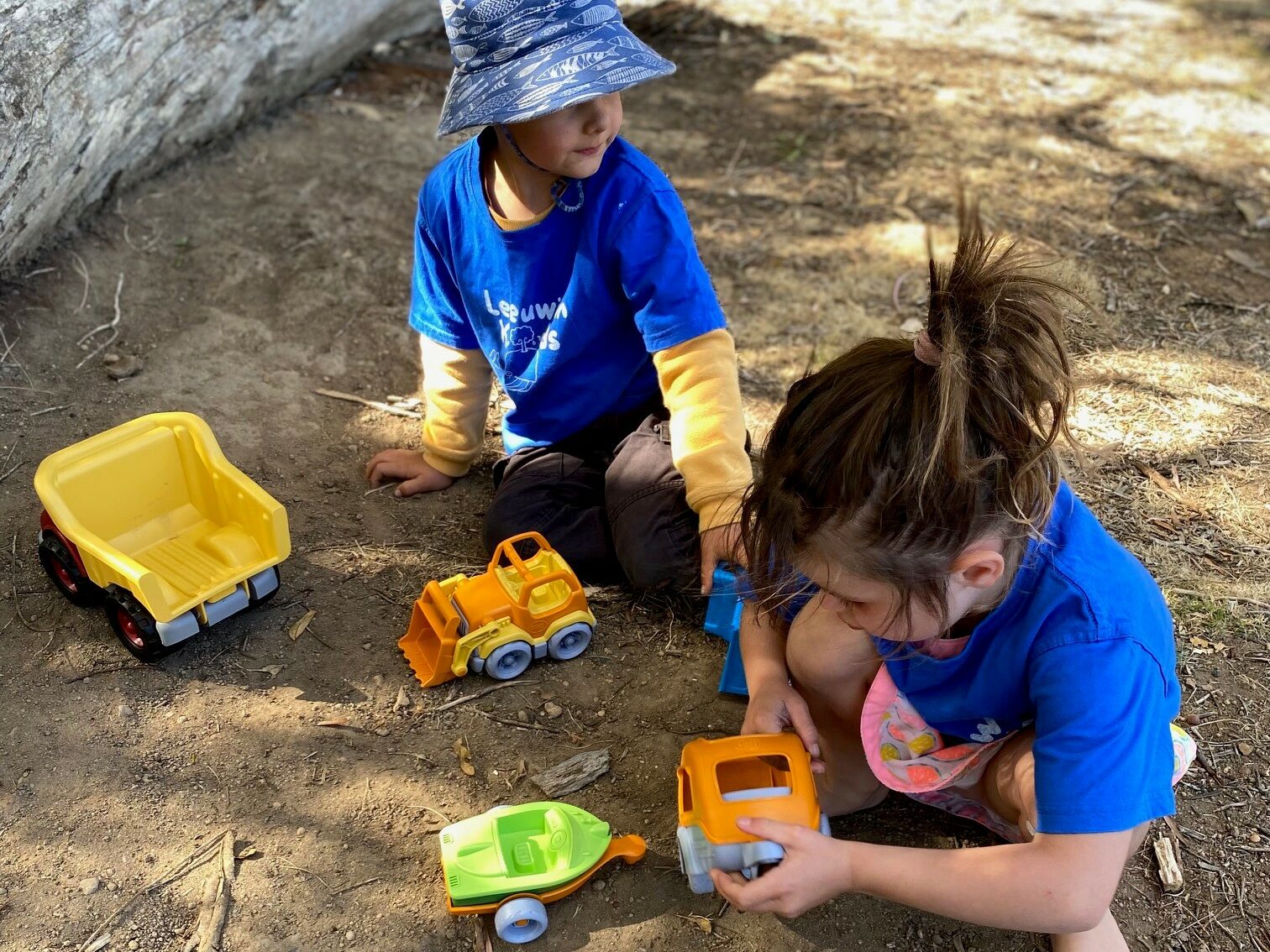
Childcare for families in Augusta
Augusta & Districts Community Childcare Centre launched a vacation care service for children, filling a gap in the community’s childcare needs. They used a $10,000 SRC grant to purchase educational resources that are of a higher quality and more durable than the donated and second-hand older toys and cheaper equipment that had previously been used.
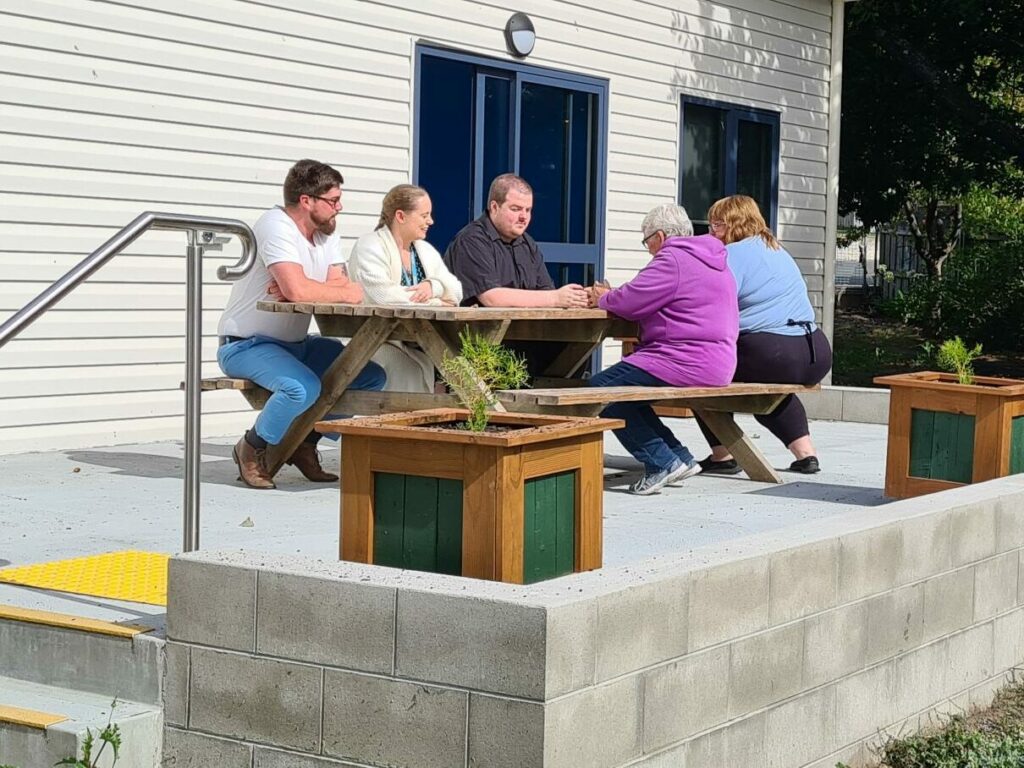
Boosting connections at a community house
Derwent Community House in TAS received a $10,000 SRC grant supported by the Sidney Myer Fund and matched by local contributions, to add a new outdoor deck and accessible shower facility that have greatly improved their centre. These enhancements promote community connection and wellbeing, making the facility even more integral to New Norfolk’s residents.
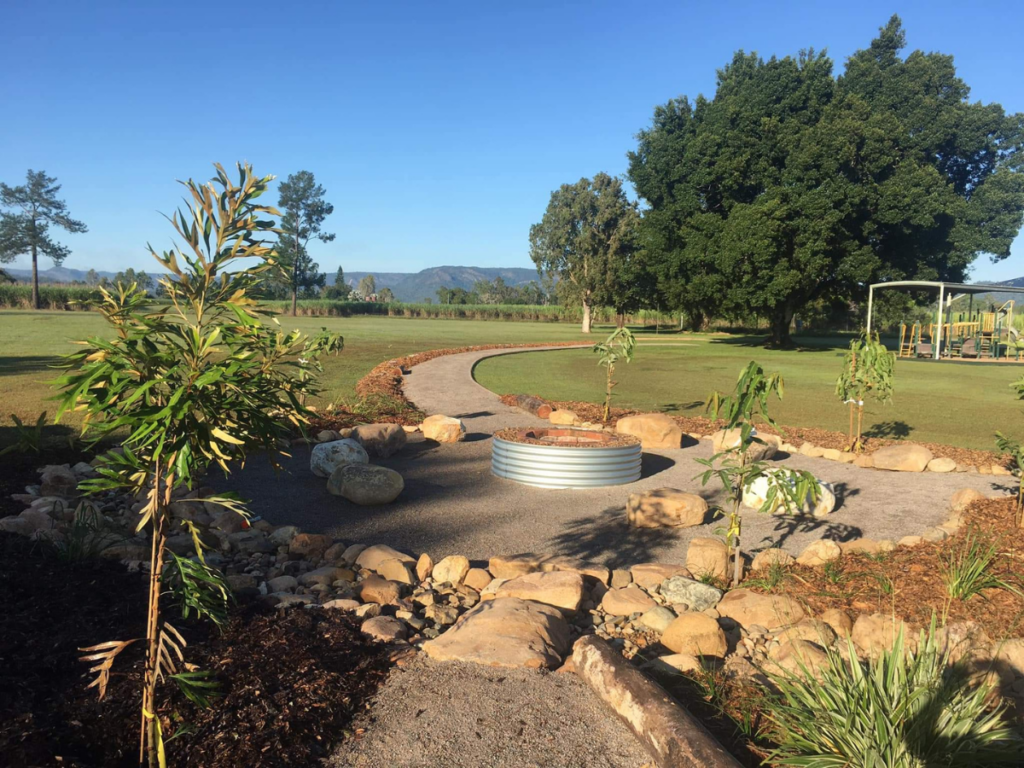
Abergowrie’s Yarning Circle
A $10,000 SRC grant has helped the Abergowrie Primary P&C Association create a communal space to deepen cultural understanding and community engagement. In consultation with the Warrgamay people, who are the traditional custodians of the land on which the school resides west of Ingham in north QLD, they built and landscaped a beautiful Yarning Circle.

